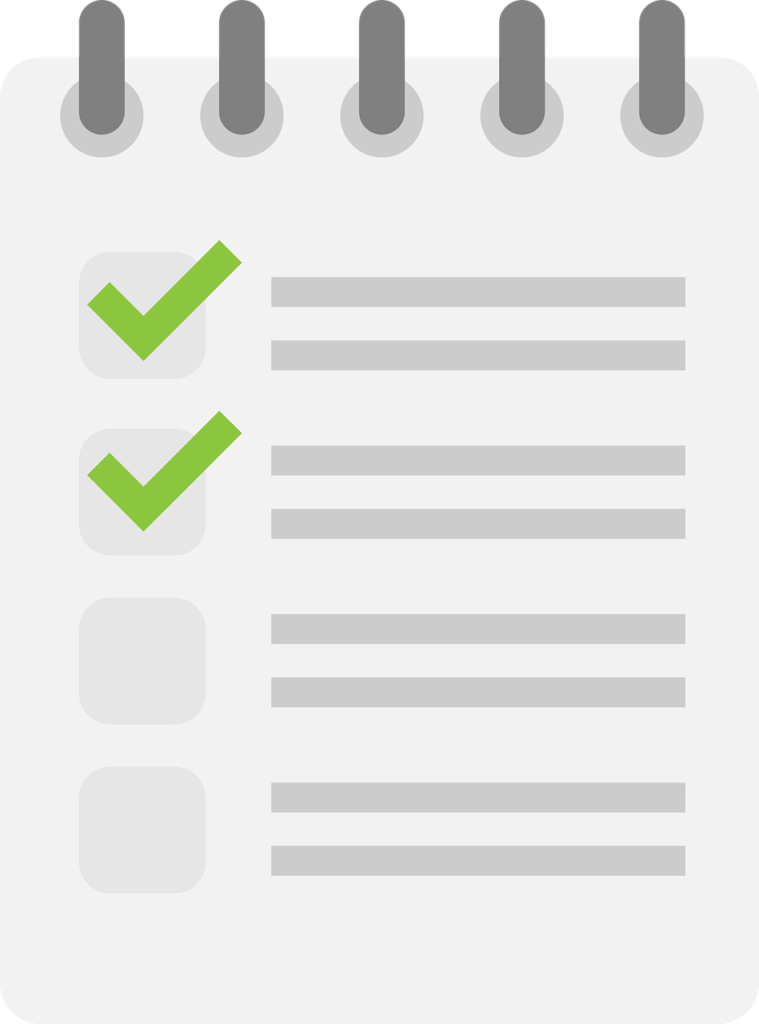10 Tips for Dealing with Grant Deadline Stress: Effective Strategies for Success
Grant deadlines can be a significant source of stress for nonprofit professionals. With the clock ticking and grant opportunities hanging in the balance, it’s no wonder we may feel overwhelmed. However, employing smart strategies can help you manage grant deadline stress effectively and even turn it into a driving force for success. In this blog post, we share 10 essential tips combining time management, organization, and self-care to help you conquer grant deadline stress.
1. Start Early and Break Down the Process
As soon as you identify a grant opportunity, mark the deadline in your calendar and start planning. Breaking down the grant proposal process into smaller tasks and setting realistic mini-deadlines for each will help you stay on track and avoid last-minute panic.
2. Prioritize Tasks
Making a prioritized to-do list is an excellent way to focus your energy on essential tasks first while working on a grant application. This approach prevents procrastination and ensures that critical aspects of the proposal are effectively addressed.
3. Stay Organized
A cluttered workspace or disorganized digital files can quickly add to your stress levels. Maintain a designated workspace for grant writing and use file organization tools like Dropbox or Google Drive to keep all project-related documents easily accessible and organized.
4. Delegate and Collaborate
Divide tasks among team members based on their expertise and workload capacity. Sharing the workload and collaborating can streamline the grant-writing process and provide valuable perspectives that will ultimately strengthen your proposal.
5. Establish a Routine
Setting a consistent routine, including specific time blocks for grant writing and related tasks, can help you stay focused and manage time more effectively, reducing stress in the long run.
6. Create a Grant Writing Toolkit
Develop a comprehensive grant-writing toolkit that includes frequently used information such as organizational background, mission, key personnel, and success stories. Having this information at your fingertips will save time, streamline the writing process, and minimize stress.
7. Take Regular Breaks
Taking short breaks during the grant-writing process can boost your productivity and keep you energized. Use these breaks to stretch, take a walk, or engage in an activity that mentally refreshes you.
8. Stay Active and Eat Healthily
Regular exercise and a healthy diet help counteract the impact of stress on your body and mind. Prioritize physical activity and nutritious meals even when you’re under pressure to help you stay focused, alert, and ready to tackle grant deadlines.
9. Don’t Sacrifice Sleep
The importance of sleep cannot be underestimated, especially when dealing with deadlines. Aim to get 7-9 hours of sleep each night to maintain your focus, memory, and decision-making abilities during the grant-writing process.
10. Develop Stress-Reduction Techniques
Identify stress-reduction techniques that work for you, such as deep-breathing exercises, meditation, or engaging in a hobby. Incorporating these methods into your daily routine can help effectively manage grant deadline stress and contribute to overall well-being.
Conclusion:
Dealing with grant deadline stress is an inevitable part of the nonprofit world, but employing these tips can help you manage it effectively and set yourself up for success. Incorporating time management, organization, delegation, and self-care strategies will not only alleviate grant deadline stress but will also enhance your overall grant-writing abilities and results. Remember, these skills are as crucial for your professional development as they are for the success of the grants you’re pursuing.





